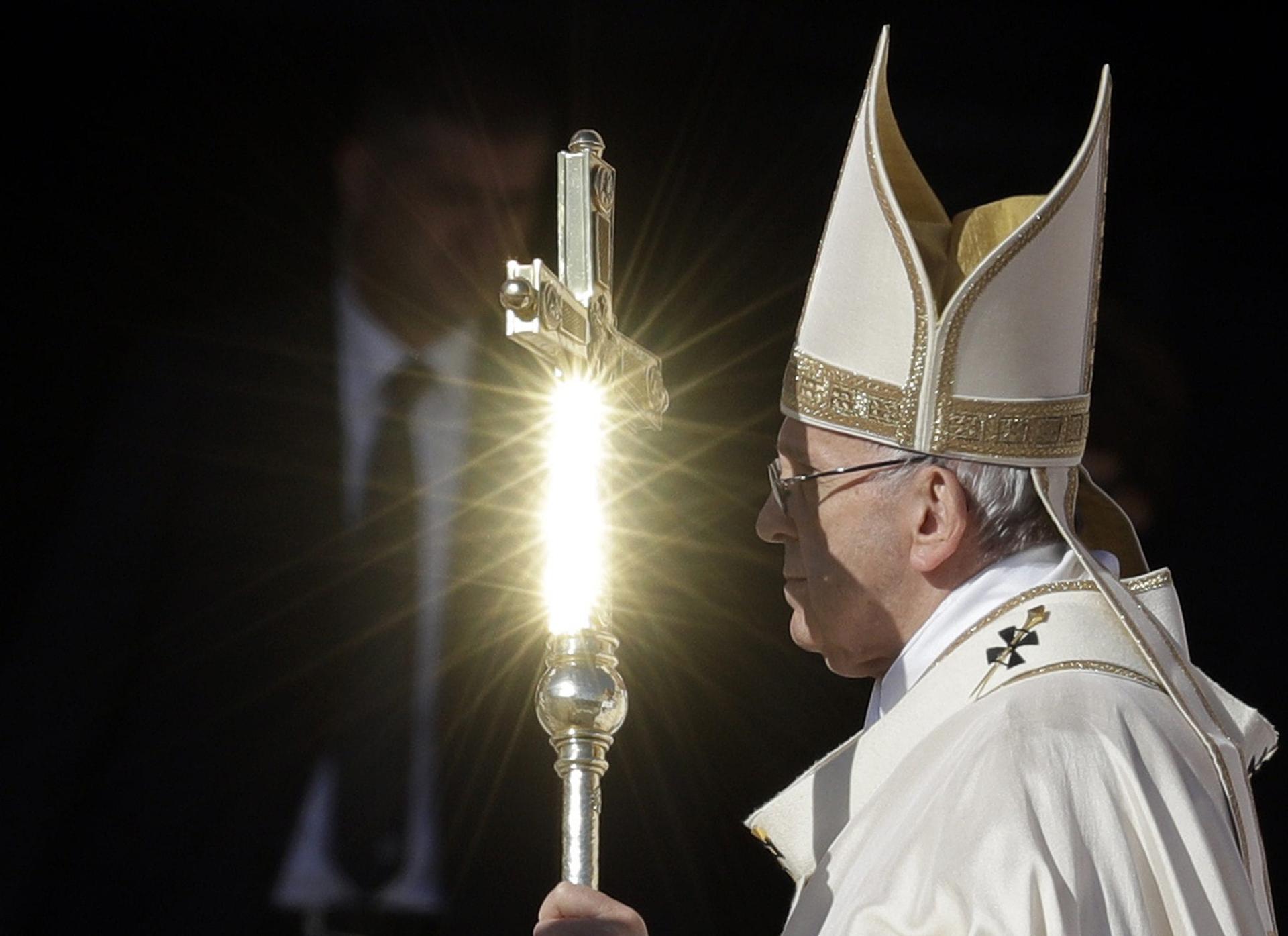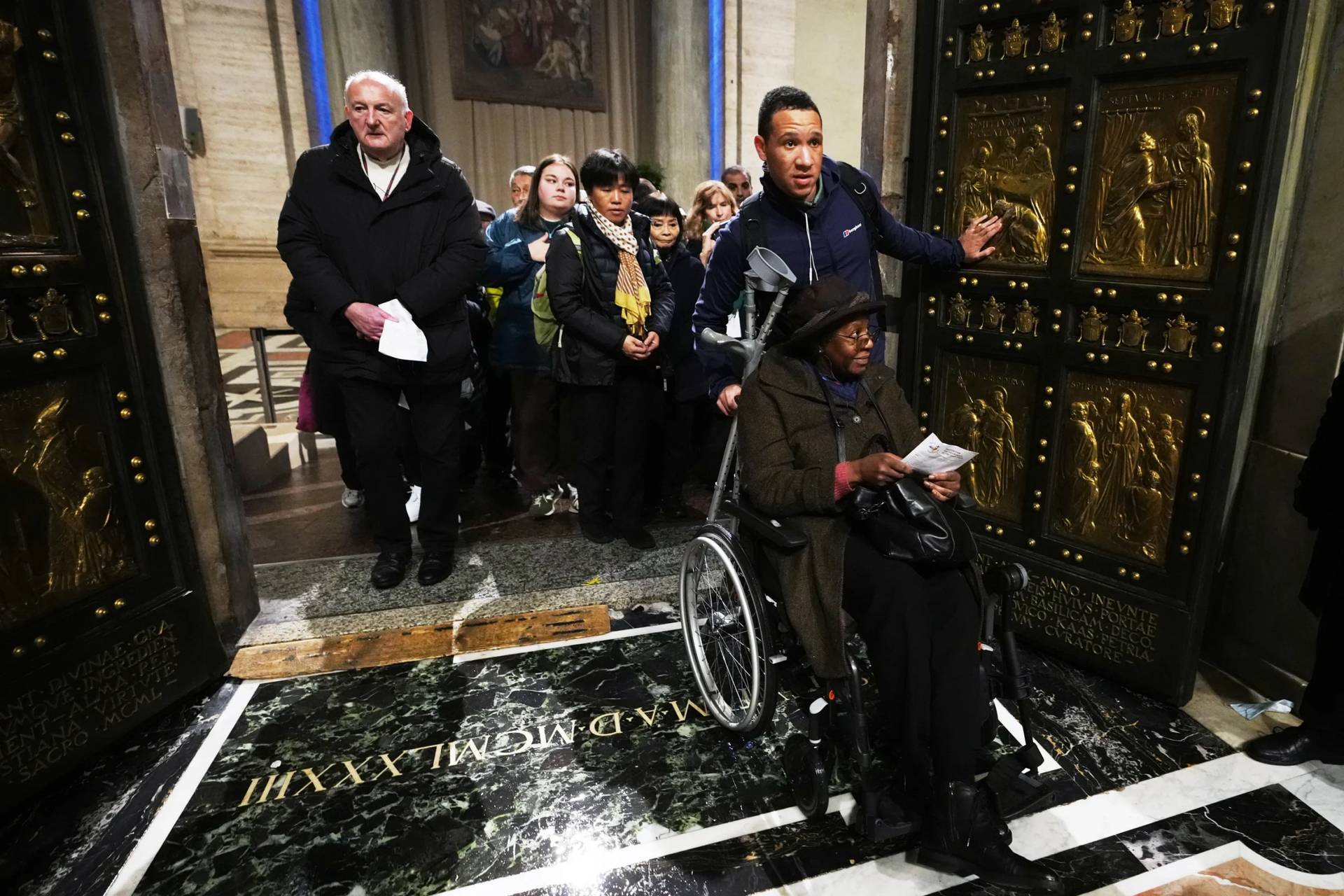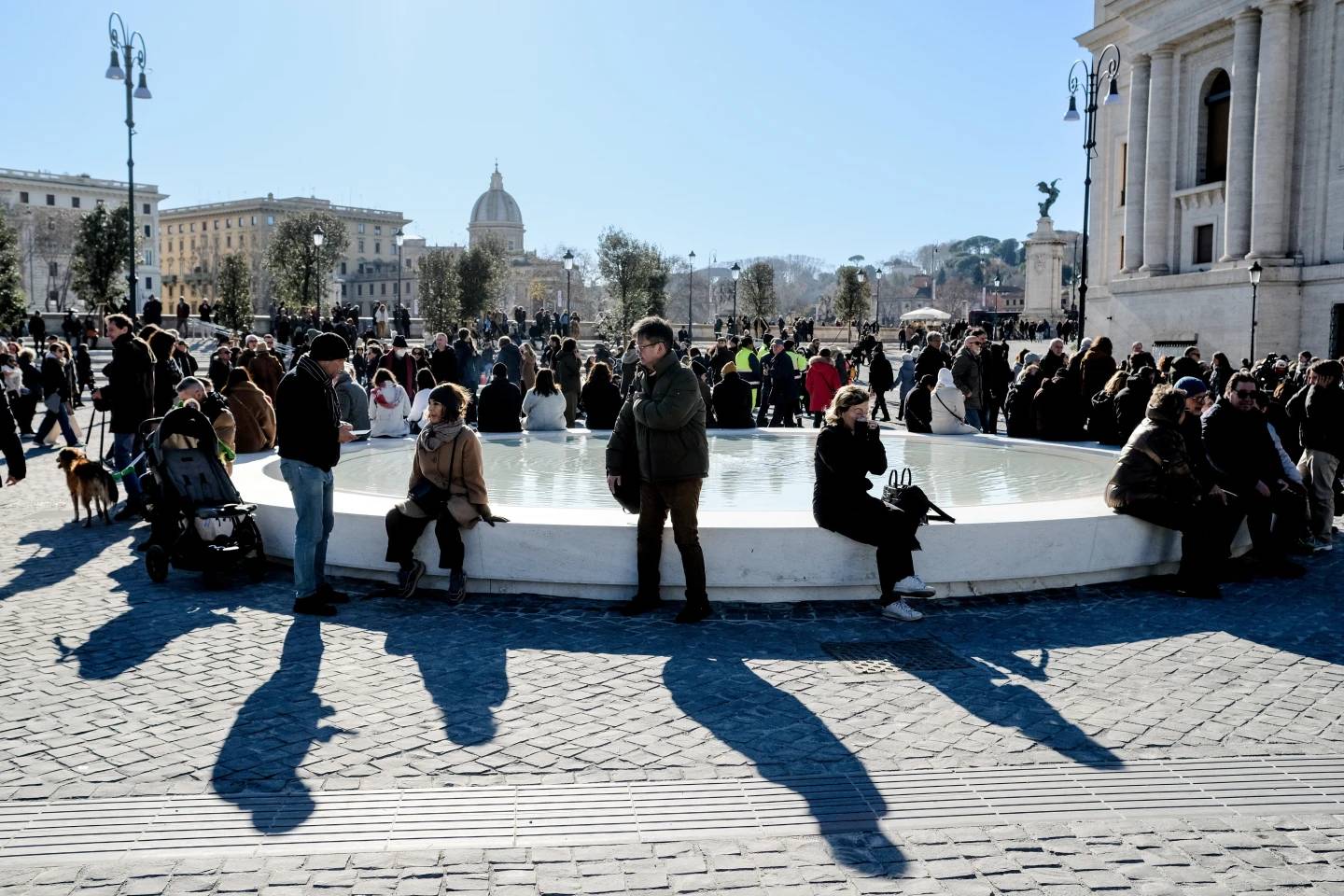ROME – Pope Francis on Sunday announced a special assembly of the Synod of Bishops, scheduled for October 2019, to involve prelates from Latin America’s Pan-Amazon region, meaning Bolivia, Brazil, Colombia, Ecuador, French Guyana, Guyana, Perú, Venezuela and Surinam.
“Accepting the desire of some Catholic Bishops’ Conferences in Latin America, as well as the voice of various pastors and faithful from other parts of the world, I have decided to convene a Special Assembly of the Synod of Bishops for the Pan-Amazon region, which will take place in Rome in the month of October 2019,” Francis said at the end of the weekly Angelus prayer.
There’s already a Synod of Bishops on youth, faith and vocational discernment scheduled for Oct. 2018.
This is the first time Francis has called a Synod of Bishops for a specific region, although St. Pope John Paul II did so on different occasions to signal a special concern. John Paul called a special synod for the Netherlands in 1980 and for Lebanon in 1995, in addition to special synods for each of the continents of the world.
The main purpose of the Amazon gathering, Francis said, will be to identify new paths for the evangelization in the region. Particular attention, he added, will be paid to the indigenous people, “often forgotten and without the prospect of a serene future,” and to the crisis of the Amazonian rain forest, considered one of the world’s “lungs” because of the amount of oxygen produced by its abundant vegetation.
The pope’s announcement came after he celebrated the canonization Mass for 35 new saints in Rome’s St. Peter’s Square. He asked for their intercession in the upcoming summit, so that “in respect for the beauty of creation, all the peoples of the earth praise God, Lord of the universe, and enlightened by Him walk through paths of justice and peace.”
The newly-declared saints include 30 so-called “Martyrs of Natal,” including lay people and priests, who were killed in 1645 in a wave of anti-Catholic persecution by Dutch Calvinists in Natal, Brazil.
Also from Latin America, but not the Amazon region, included in Sunday’s ceremony was a group of three indigenous martyrs from Mexico – Cristobal, Antonio and Juan – known as the “Child Martyrs of Tlaxcala.” Aged between 12 and 13, they were among the first indigenous Catholics of Mexico, murdered between 1527 and 1529 for refusing to renounce their faith and return to their ancient traditions.
The possibility of Francis calling for a synod for the bishops in the Amazon region was first floated in May, when the Peruvian prelates were in Rome for their quinquennial pilgrimage to the various Vatican offices.
Archbishop Salvador Pineiro Garcia-Calderon of Ayacucho, president of the Peruvian bishops’ conference, told the Vatican’s newspaper, L’Osservatore Romano, that the pope told them he would like such a synod to take place.
Although the church has continued to assist the native populations in the Amazon, which occupies 63 percent of Peru, efforts must continue “to revitalize” the church and its work in the region, the bishop said at the time.
The challenge of evangelizing in remote communities, with bishops sometimes being 17 hours away from each other, within the same church province, was among the main themes the bishops discussed with the pope, Pineiro said.
In March of 2015, the Vatican announced an initiative to protect the Amazon basin and its inhabitants, the Pan-Amazonian Ecclesial Network, aimed at promoting the economic development of the region while managing Amazonian natural resources in a way that’s respectful of human dignity and targets the common good.
Environmentalists consider protection of the Amazon rainforest a critical global priority since it generates 20 percent of the earth’s oxygen and is home to 15 to 20 percent of all species.
The network wants to unify the Church’s efforts to promote responsible stewardship and sustainability to promote human rights, evangelization, and the cultural, social, and economic development of its people, especially the indigenous population.
The upcoming synod is a reinforcement of that effort to protect the Amazon, which resides almost entirely within nations where Catholicism is the dominant religion.
When visiting Brazil at the beginning of his pontificate, Francis told a group of Brazilian bishops that the Amazon should not be “indiscriminately exploited, but rather made into a garden.”
“The Church’s presence in the Amazon Basin is not that of someone with bags packed and ready to leave after having exploited everything possible,” Francis told the bishops. “The Church has been present in the Amazon Basin from the beginning, in her missionaries, religious congregations, priests, laity and bishops, and she is still present and critical to the area’s future.”
This story is being updated.














